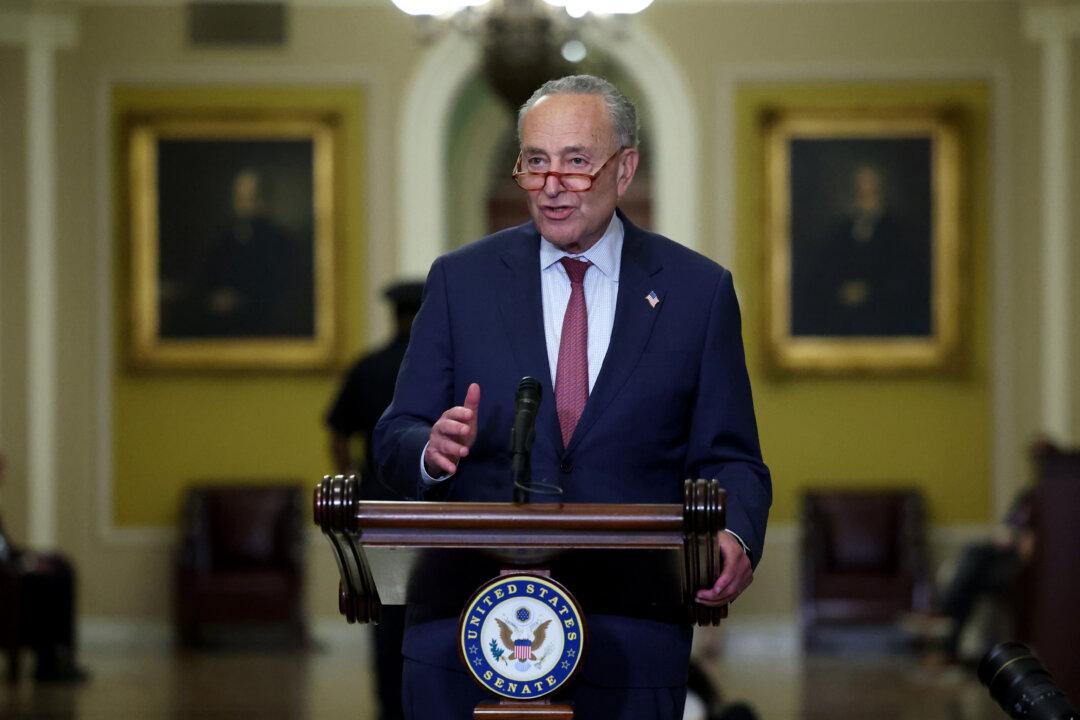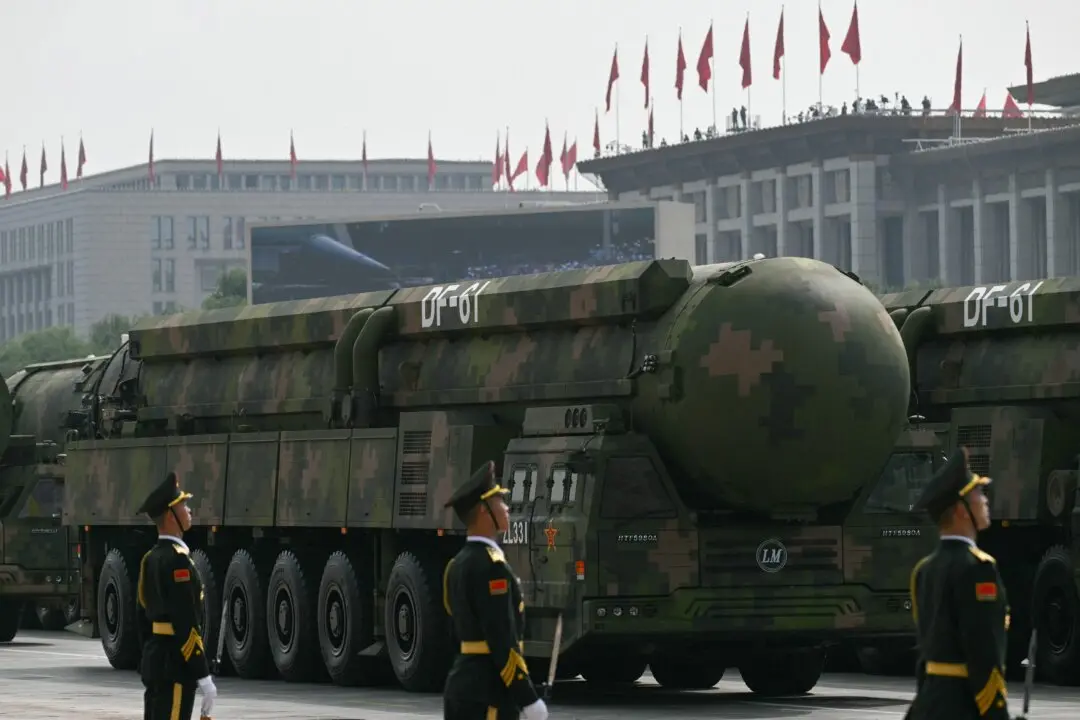Senate Majority Leader Chuck Schumer (D-N.Y.) is seeking bipartisan support to impose new sanctions against China over its role in bringing fentanyl to the United States.
Fentanyl is a deadly synthetic opioid that is 50–100 times more powerful than morphine. While its potency has made it a popular and cheap additive in other street drugs, it has also greatly raised the risk of overdoses, contributing to tens of thousands of deaths in the United States. According to a June report by the U.S. Center For Disease Control and Prevention, there were 70,601 overdose deaths linked to non-Methadone synthetic opioids, with fentanyl being a primary source for these deaths.





